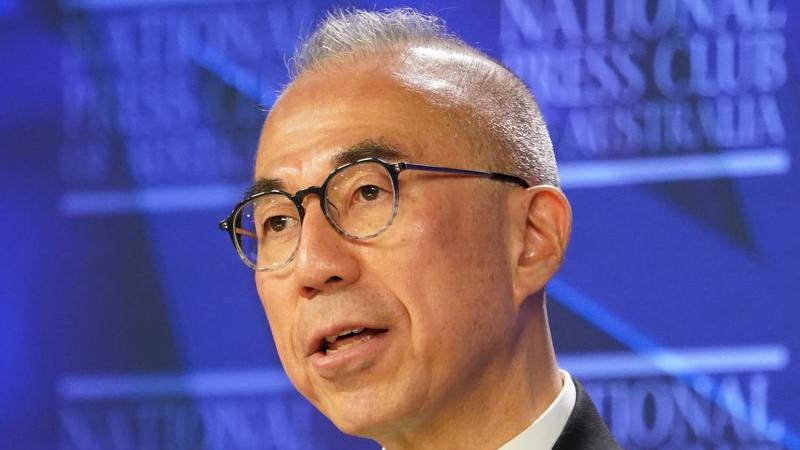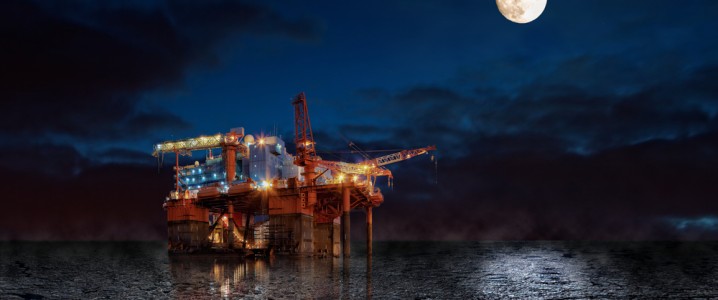
UPDATE: Japan’s ambassador to Australia has voiced significant concerns about a South Korean company’s escalating bid for a major stake in West Australian shipbuilder Austal, which is set to play a crucial role in constructing advanced Japanese Mogami frigates. The Seoul-based arms manufacturer Hanwha is seeking to increase its ownership of Austal to nearly 20 percent, but must first navigate the approval process with Australia’s Foreign Investment Review Board.
During a press conference at the National Press Club in Canberra, Ambassador Suzuki Kazuhiro was directly questioned about the implications of a South Korean firm overseeing the production of military vessels designed for Japan. “If that decision is made, probably there will be some reaction from the Japanese government,” he stated, emphasizing that he could not provide a definitive answer at this time.
The stakes are high as Austal has recently entered into a strategic shipbuilding agreement with the Commonwealth, committing to construct the advanced Mogami frigates for the Royal Australian Navy at its Henderson shipyard located south of Perth. Ambassador Kazuhiro underscored the importance of this project as a joint endeavor between Japan and Australia, expressing confidence that the Australian government would appropriately manage foreign investment concerns related to national security.
In a critical development, Austal’s Group Chair Richard Spencer revealed in October that despite discussions, Hanwha has yet to present any substantial evidence to justify its increased stake. Currently, Hanwha holds a 9.9 percent share in Austal and is optimistic that its proposal will be favorably received by the Australian government.
The ambassador conveyed that Japan has not formally expressed any views during the ongoing foreign investment review, stating, “I don’t think that has happened yet, yes. But I will trust Australia.” This development is particularly urgent given that the production of military vessels for Japan’s defense could be compromised if the bid proceeds without strict scrutiny.
As the situation unfolds, all eyes are on the Australian government’s response, as the implications of foreign ownership in critical defense projects could resonate deeply within both nations. The potential for a South Korean entity to control such a significant aspect of military shipbuilding raises questions about the integrity of defense collaborations and national security.
Stay tuned for updates as this story develops, with major implications for both Australia and Japan’s defense strategies on the horizon.






